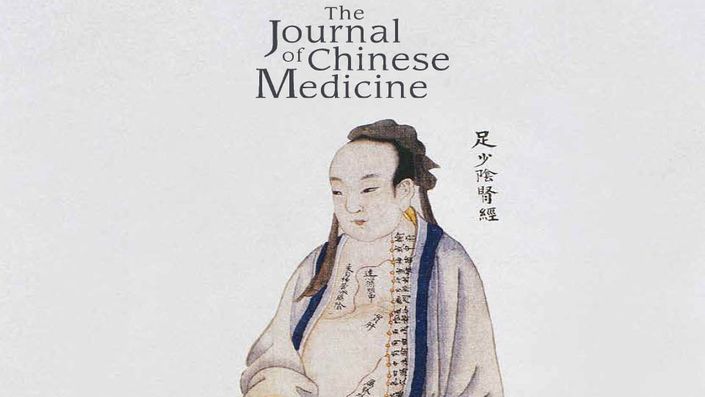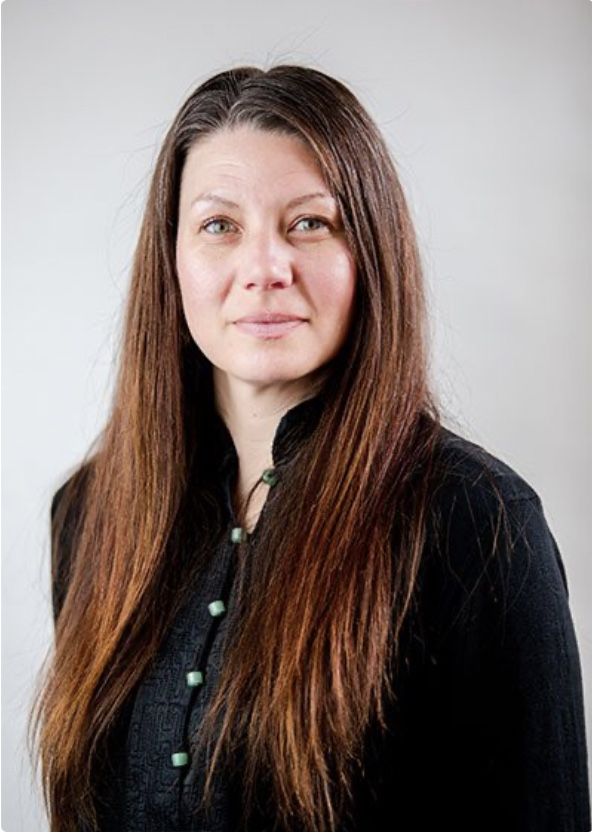
Returning Our Focus to the Flavour & Nature of Herbs Article
Published in the Journal of Chinese Medicine June 2014
The foundational theories of Chinese herbal medicine originate in the Nei Jing (Inner Classic), which states that it is the flavour and nature of herbs that govern how they interact with the human body. However, this theory has more recently become superseded by theories of herbal actions, disease indications and modern research, which are invariably used in textbooks and by practitioners to inform prescription of herbal medicines. This article explains why these approaches to the practice of herbal medicine are incorrect, and how such approaches can easily damage the health of patients taking herbal medicines. The correct method of prescribing herbs based on the Nei Jing is described, and illustrated with various case examples.
Your Instructor

JulieAnn Nugent-Head's journey into alternative medicine began in 1996, when she witnessed a successful treatment of pediatric pneumonia using a ginger and cinnamon-based herbal formula. This experience revealed the medicinal potential of everyday culinary ingredients and ignited her passion to understand the development of illness and how practitioners can influence its course.
After earning a master’s degree in Chinese medicine and completing hospital internships in Beijing in 2003 and 2004, JulieAnn made the bold decision to move to China full-time. She immersed herself in the language, medicine, and the rich cultural landscape of Asia.
During her eight-and-a-half years in China, JulieAnn completed a doctorate level medical degree, and had the privilege of studying under renowned octogenarian doctors Li Hongxiang and Chen Tongyun in Beijing. As part of the Association for Traditional Studies’ effort to preserve the knowledge of the last generation of traditional practitioners who were born and in practice prior to 1949, she and her husband, Andrew, documented the doctors’ clinical practices and thought-provoking discussions on film—an invaluable archive that would have otherwise been lost with their passing.
Through formal lectures and informal conversations in the doctors' homes, JulieAnn gained deep insight into the philosophical underpinnings of Asian culture, which connect all aspects of life, including food, agriculture, health, wellness, art, architecture, and movement.
After the passing of their teachers, JulieAnn and Andrew returned to the United States in 2014 to share traditionally practiced Chinese medicine with Western practitioners. They offer short term and in depth clinical residency programs at the Alternative Clinic in Asheville, North Carolina, as well as high-quality continuing education courses online through TraditionalStudies.org.
